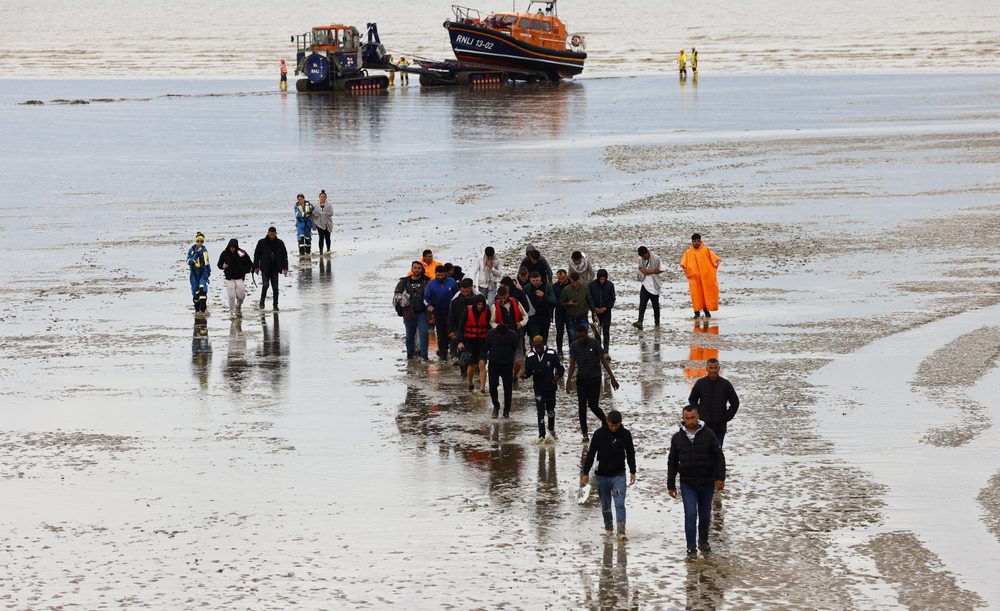
The British government has fought off a challenge from the House of Lords, parliament’s upper chamber, over its Illegal Immigration Bill. This is now set to become law following royal assent.
MPs voted against all nine amendments put forward by the Lords. Among these was an attempt to reinsert time limits on the detention of unaccompanied children, without which, critics say, children will face “grave health risks.” Members of parliament’s lower house also voted against further protections against modern slavery, an amendment that was supported by some high-profile Tories, including former party leader Sir Iain Duncan Smith. Amnesty International has described the removal of these safeguards as “cruel.”
The bill is the centrepiece of Conservative Party Prime Minister Rishi Sunak’s pledge to stop small boats from crossing the Channel. Staving illegal crossings is one of many of the most salient issues in British politics today, and has been the subject of many Tory party promises, though experts say numbers are set to reach a record high (65,000) this year, again.
Once passed into law, the Illegal Migration Bill is designed to hand the Tory government further powers to detain and remove individuals who enter the country unlawfully. These would be sent either to their home country or to a third country, such as Rwanda.
Deportation to Rwanda has, however, been ruled unlawful by the British court of appeal. The plan, which has been a disaster from the start, will next be reviewed by the supreme court. Reports suggest that even if it passes this stumbling block, flights will still be unlikely to set off before the New Year.
For this reason, Bow Group Chairman Ben Harris-Quinney previously told The European Conservative that the bill was yet another “con” from the Tory party. He added: “As is often the case, rhetoric on immigration policy is radically different from the data.”
The government defeated the amendments sent down from the Lords by small margins only: for example, by 205 to 193 on the addition of further safeguards against modern slavery, on which ministers said “the bill already makes sufficient provision.”
A government source told The Daily Telegraph that “I don’t think anyone imagined we could pilot through the most significant immigration bill for a generation without any material concessions and without any pressure on the government’s majority.” But the effectiveness of this bill remains to be seen.
